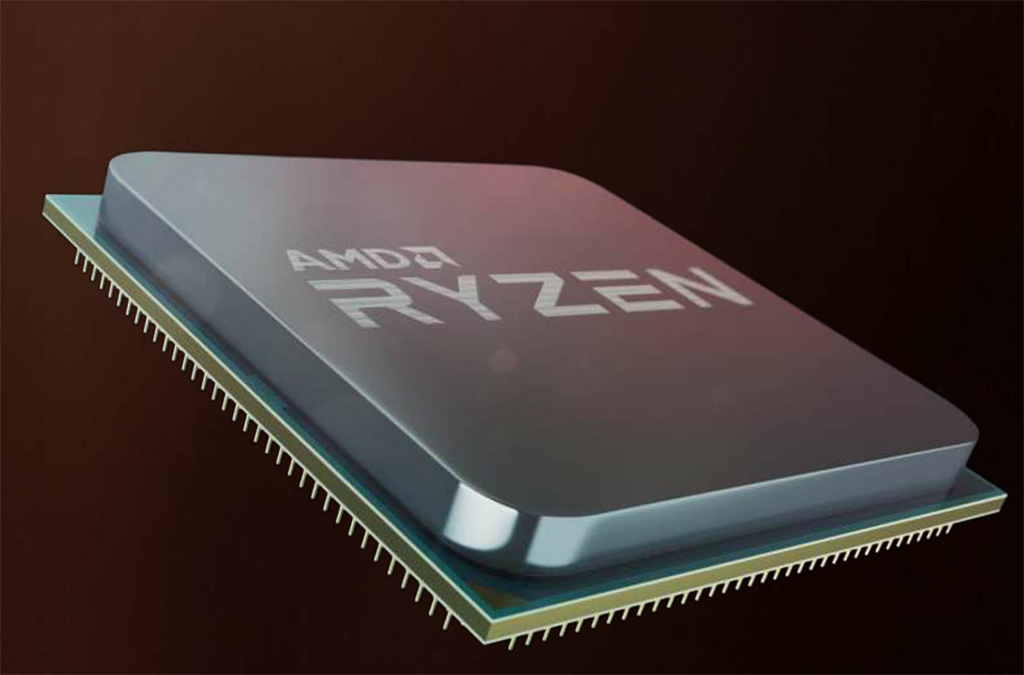AMD says Ryzen was "worst case scenario," is looking ahead to Ryzen 2
Ryzen sets the foundation for what AMD wants to accomplish.

There are different ways of looking at Ryzen. One is that the architecture represents a comeback for AMD, as it is once again able to compete with Intel at the higher end of the market, something it has not been able to do for many years. In that regard, it's a success. On the other hand, Ryzen was not able to knock Intel to the ground and take its lunch money, especially when it comes to gaming performance. So for some, Ryzen may be a bit of a disappointment. Neither viewpoint is necessarily wrong.
AMD has an interesting take on all of this, or at least its desktop CPU marketing manager, Don Woligroski, has an interesting take—he sees Ryzen as a pretty good worst case scenario. A former Tom's Hardware editor, Woligroski was on hand at PAXWest. He met up with "Joker" from Joker Productions and talked about Ryzen and its future, as reported by WCCFTech.
"I’ve said this before and I think it holds true. Zen, Ryzen, was the worst case scenario. It was a brand new architecture on a brand new node. So the worst case scenario we could’ve possibly had, and it’s pretty good. You can get to over 4.GHz," Woligroski said.
He was not willing to talk specifics about IPC, but did say that making improvements there is an area of focus. He also said the Ryzen architecture has both clockspeed headroom and room to make tweaks to improve performance going forward.
"I’m personally very encouraged by what’s happening in the next little while. We threw down in 2017. We’ve seen our competitor starting to wake up and respond and we’re not just going to roll over," Woligroski added. "We have more stuff to come, we’ve got really good stuff coming. We’re not a one hit wonder, we’re keeping the pressure on for sometime. It’ll be a great 2018,. It was a great 2017 and we’ll see how things turn out."
In other words, Ryzen 2 will keep the competitive pressure on Intel. How that all shakes out remains to be seen. Intel was able to tweak the silicon and a few other aspects of Skylake to get about 10 percent more clockspeed out of the architecture with Kaby Lake, and AMD could follow a similar route. There are also clearly areas where Ryzen isn't performing as well as we might otherwise expect, and AMD will look to address those items as well.
As it pertains to gaming, AMD is pushing for developers to take advantage of Ryzen's additional cores and threads. "They’re like 'how do we take advantage of this hardware?' and we send guys in to say here’s how you do it. Here are some ideas and it’s just a feedback loop. It just gets better and better. We finally have the APIs, now they’re going to learn how to use them. It’s not an instant on. But then it’s inevitable," Woligroski said.
The biggest gaming news, reviews and hardware deals
Keep up to date with the most important stories and the best deals, as picked by the PC Gamer team.
The whole situation with Ryzen is interesting, as are the things AMD has to say about it. In addition to Woligroski referring to Ryzen as a "worst case scenario," we learned earlier that AMD's Ryzen Threadripper line wasn't initially on the company's roadmap, but designed by enthusiast engineers in their spare time. You can read more about that story here.
As to the full interview with Woligroski, check it out below:
Paul has been playing PC games and raking his knuckles on computer hardware since the Commodore 64. He does not have any tattoos, but thinks it would be cool to get one that reads LOAD"*",8,1. In his off time, he rides motorcycles and wrestles alligators (only one of those is true).



